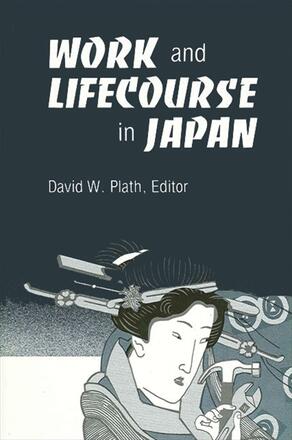
Work and Lifecourse in Japan
Alternative formats available from:
Description
The durability of Japan's industrial products now holds world acclaim. But the durability of jobs in Japan—despite misleading Western images of lifetime employment—is no better than in other industrial nations. The "group model" of Japanese society that has been in fashion in the West confuses the goals of an organization with the personal aims and aspirations of its members. Like workers anywhere, those in Japan must go through life reconciling their duties to the job with their often conflicting obligations to family, to community, and to self-respect. Career outcomes are anything but certain in Japan—once we see them from a worker's point of view.
Work and Lifecourse in Japan is a collection of workers' eye-level reports on career development in a variety of Japanese organizations and professions. In addition, there are overview chapters on employment trends in the Japanese economy, and on the problems of scheduling one's life-events in the demanding milieu of our post-industrial world.
David W. Plath is Professor of Anthropology and Asian Studies at the University of Illinois at Urbana-Champaign.
Reviews
"A lot of people will have to rethink their positions if they read this work carefully. It has great significance, both for the study of Japanese ethnology as well as for our understanding of the ways in which industrial, urban, 'mass' societies develop. " — Robert J. Smith, Cornell University